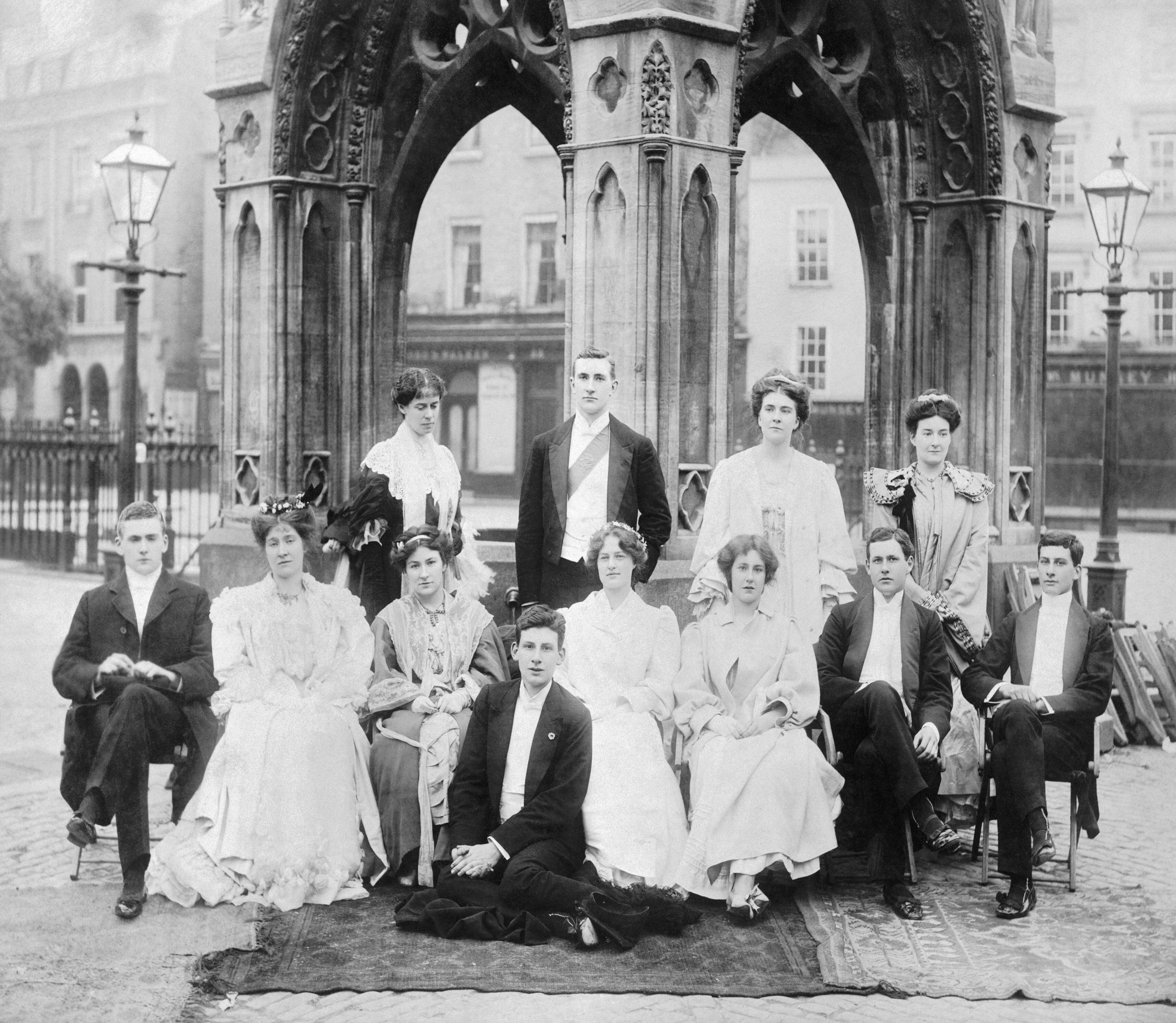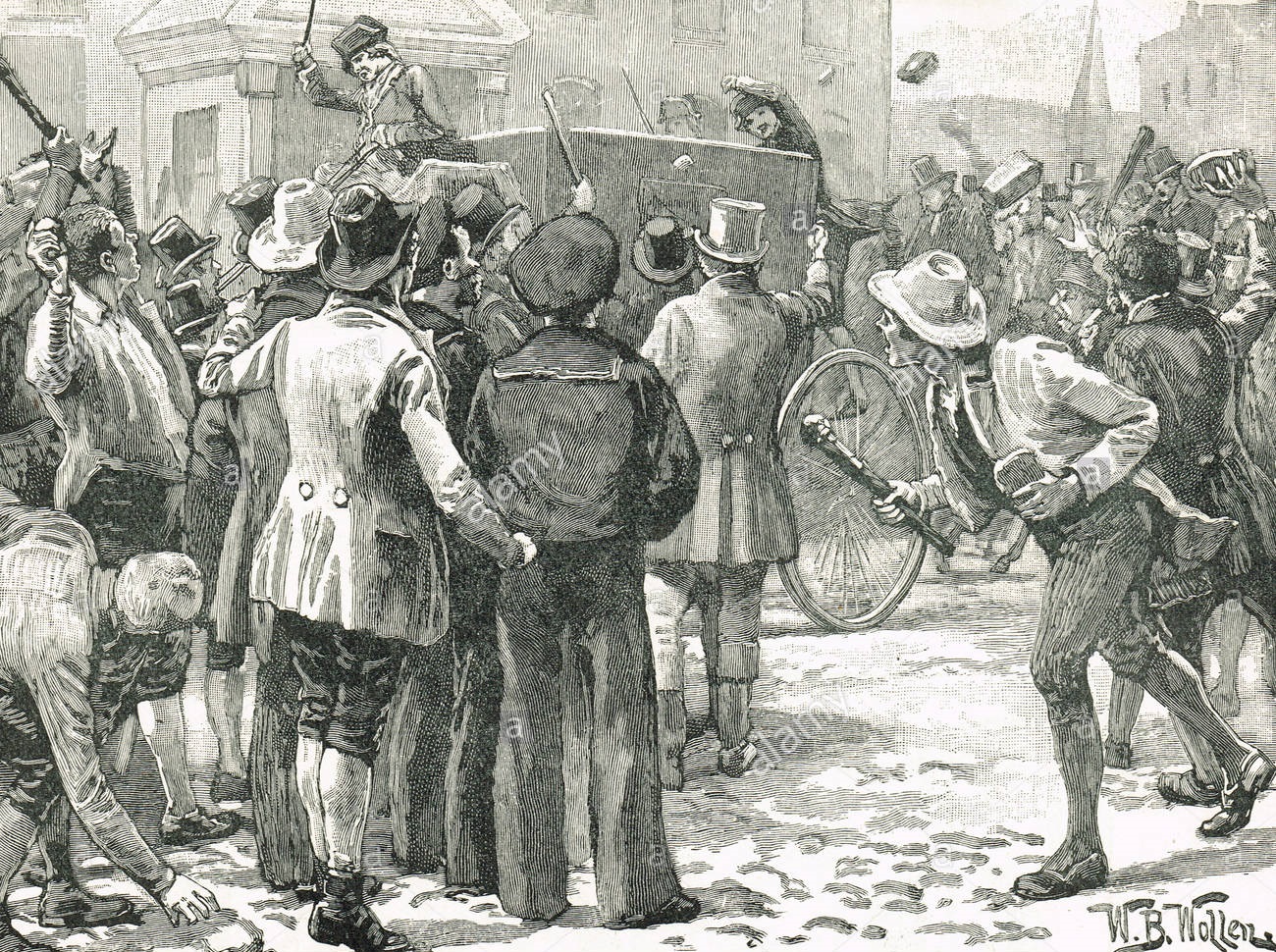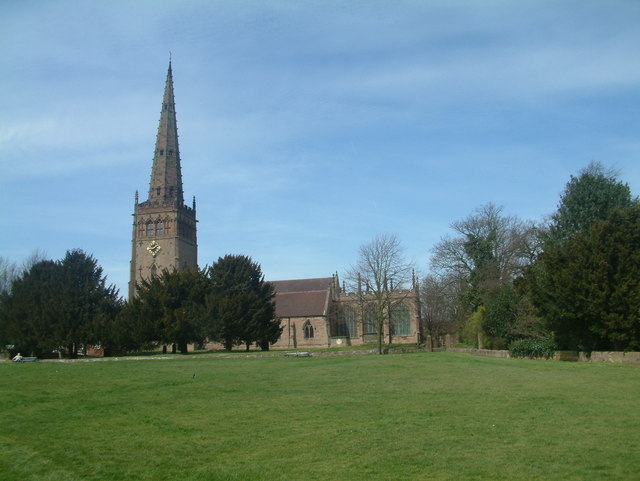|
Reginald Pinney
Major-General Sir Reginald John Pinney (2 August 1863 – 18 February 1943) was a British Army officer who served as a divisional commander during the First World War. While commanding a division at the Battle of Arras in 1917, he was immortalised as the "cheery old card" of Siegfried Sassoon's poem " The General". Pinney served in South Africa during the Boer War with the Royal Fusiliers, and at the outbreak of the First World War was given command of a brigade sent to reinforce the Western Front in November 1914. He led it in the early part of 1915, taking heavy losses at the Battle of Neuve Chapelle. That September he was given command of the 35th Division, a New Army division of " bantam" soldiers, which first saw action at the Battle of the Somme; after three months in action, he was exchanged with the commander of the 33rd Division. He commanded the 33rd at Arras in 1917, with mixed results, and through the German spring offensive in 1918, where the division hel ... [...More Info...] [...Related Items...] OR: [Wikipedia] [Google] [Baidu] |
Clifton, Bristol
Clifton is both a suburb of Bristol, England, and the name of one of the city's thirty-five council wards. The Clifton ward also includes the areas of Cliftonwood and Hotwells. The eastern part of the suburb lies within the ward of Clifton Down. Notable places in Clifton include Clifton Suspension Bridge, Clifton Cathedral, Clifton College, The Clifton Club, Clifton High School, Bristol, Goldney Hall and Clifton Down. Clifton Clifton is an inner suburb of the English port city of Bristol. Clifton was recorded in the Domesday book as ''Clistone'', the name of the village denoting a 'hillside settlement' and referring to its position on a steep hill. Until 1898 Clifton St Andrew was a separate civil parish within the Municipal Borough of Bristol. Various sub-districts of Clifton exist, including Whiteladies Road, an important shopping district to the east, and Clifton Village, a smaller shopping area near the Avon Gorge to the west. Although the suburb has no formal boundar ... [...More Info...] [...Related Items...] OR: [Wikipedia] [Google] [Baidu] |
Siegfried Sassoon
Siegfried Loraine Sassoon (8 September 1886 – 1 September 1967) was an English war poet, writer, and soldier. Decorated for bravery on the Western Front, he became one of the leading poets of the First World War. His poetry both described the horrors of the trenches and satirised the patriotic pretensions of those who, in Sassoon's view, were responsible for a jingoism-fuelled war. Sassoon became a focal point for dissent within the armed forces when he made a lone protest against the continuation of the war in his "Soldier's Declaration" of 1917, culminating in his admission to a military psychiatric hospital; this resulted in his forming a friendship with Wilfred Owen, who was greatly influenced by him. Sassoon later won acclaim for his prose work, notably his three-volume fictionalised autobiography, collectively known as the "Sherston trilogy". Early life Siegfried Sassoon was born to a Jewish father and an Anglo-Catholic mother, and grew up in the neo-gothic man ... [...More Info...] [...Related Items...] OR: [Wikipedia] [Google] [Baidu] |
John Kenelm Digby Wingfield-Digby
John Kenelm Digby Wingfield Digby (2 September 1859 – 25 December 1904) was an English landowner and Conservative member of parliament. His name is often given as Wingfield-Digby, but the family does not use the hyphen. Life Wingfield Digby was born at Blythe Hall, Coleshill, Warwickshire, the son of Captain John Digby Wingfield Digby and Maria Madan. A Justice of the Peace, he lived at Coleshill Park, Warwickshire, and Sherborne Castle, Dorset, another family seat. First elected at a by-election in Mid Somerset in March 1885, Wingfield Digby's seat was abolished with effect from the election of December 1885. He went on to represent North Dorset between the election of 1892 and his death in 1904.''Burke's Landed Gentry'' vol. 1 (1965), p. 207 On 13 December 1883 Wingfield Digby married firstly Georgiana Rosamund Hewitt, a daughter of James Hewitt, 4th Viscount Lifford, and Lydia Lucy Wingfield Digby, in County Donegal County Donegal ( ; ga, Contae Dhún na nGall) is ... [...More Info...] [...Related Items...] OR: [Wikipedia] [Google] [Baidu] |
Charles Pinney
Charles Pinney (29 April 179317 July 1867) was a British merchant and local politician in Bristol, England. He was a partner in a family business that ran sugar plantations in the West Indies and owned a number of slaves. Pinney was selected as mayor of Bristol in 1831 and within weeks had to manage the response to major riots. Public order was lost for a number of days and significant damage caused to the city centre. Pinney was charged with neglect of duty over his actions but was acquitted at trial. He returned to local government as an alderman, holding the position until 1853. Early life and career Charles Pinney was the youngest son of John Pretor Pinney and his wife Jane (née Weekes), sugar planters and traders in Nevis, West Indies. Charles was born on 29 April 1793, after the couple returned to England and settled at 7 Great George Street in Bristol. Charles took over the running of his father's business, in partnership with Robert Edward Case, which included the o ... [...More Info...] [...Related Items...] OR: [Wikipedia] [Google] [Baidu] |
Coleshill, Warwickshire
Coleshill ( ) is a market town in the North Warwickshire district of Warwickshire, England, taking its name from the River Cole, on which it stands. It had a population of 6,481 in the 2011 Census and is situated east-northeast of Birmingham, southeast of Sutton Coldfield, south of Tamworth, northwest of Coventry by road and 13 miles (21km) west of Nuneaton. Location Coleshill is located on a ridge between the rivers Cole and Blythe which converge to the north with the River Tame. It is just to the east of the border with West Midlands county outside Birmingham. According to the 2001 Census statistics it is part of the West Midlands conurbation, despite gaps of open green belt land between Coleshill and the rest of the conurbation. The green belt narrows to approximately to the north near Water Orton, and to approximately at the southern tip of the settlement boundary where Coleshill becomes Coleshill Heath, but is in excess of wide at some points in between. Histor ... [...More Info...] [...Related Items...] OR: [Wikipedia] [Google] [Baidu] |
High Sheriff Of Dorset
The High Sheriff of Dorset is an ancient high sheriff title which has been in existence for over one thousand years. Until 1567 the Sheriff of Somerset was also the Sheriff of Dorset. On 1 April 1974, under the provisions of the Local Government Act 1972, the title of Sheriff of Dorset was retitled High Sheriff of Dorset."Sheriffs appointed for a county or Greater London shall be known as high sheriffs, and any reference in any enactment or instrument to a sheriff shall be construed accordingly in relation to sheriffs for a county or Greater London." () The position was once a powerful position responsible for collecting taxes and enforcing law and order in Dorset. In modern times the high sheriff has become a ceremonial role, presiding over public ceremonies. List of Sheriffs of Dorset 1066–1700 1701–1800 1801–1900 1901–1973 List of High Sheriffs of Dorset 1974–2000 2001–present References The history of the worthies of England, Volume 1 By Thomas F ... [...More Info...] [...Related Items...] OR: [Wikipedia] [Google] [Baidu] |
Justice Of The Peace
A justice of the peace (JP) is a judicial officer of a lower or ''puisne'' court, elected or appointed by means of a commission ( letters patent) to keep the peace. In past centuries the term commissioner of the peace was often used with the same meaning. Depending on the jurisdiction, such justices dispense summary justice or merely deal with local administrative applications in common law jurisdictions. Justices of the peace are appointed or elected from the citizens of the jurisdiction in which they serve, and are (or were) usually not required to have any formal legal education in order to qualify for the office. Some jurisdictions have varying forms of training for JPs. History In 1195, Richard I ("the Lionheart") of England and his Minister Hubert Walter commissioned certain knights to preserve the peace in unruly areas. They were responsible to the King in ensuring that the law was upheld and preserving the " King's peace". Therefore, they were known as "keepers of th ... [...More Info...] [...Related Items...] OR: [Wikipedia] [Google] [Baidu] |
Dorset
Dorset ( ; archaically: Dorsetshire , ) is a county in South West England on the English Channel coast. The ceremonial county comprises the unitary authority areas of Bournemouth, Christchurch and Poole and Dorset (unitary authority), Dorset. Covering an area of , Dorset borders Devon to the west, Somerset to the north-west, Wiltshire to the north-east, and Hampshire to the east. The county town is Dorchester, Dorset, Dorchester, in the south. After the Local Government Act 1972, reorganisation of local government in 1974, the county border was extended eastward to incorporate the Hampshire towns of Bournemouth and Christchurch. Around half of the population lives in the South East Dorset conurbation, while the rest of the county is largely rural with a low population density. The county has a long history of human settlement stretching back to the Neolithic era. The Roman conquest of Britain, Romans conquered Dorset's indigenous Durotriges, Celtic tribe, and during the Ear ... [...More Info...] [...Related Items...] OR: [Wikipedia] [Google] [Baidu] |
Portuguese Expeditionary Corps
The Portuguese Expeditionary Corps (CEP, Portuguese: ''Corpo Expedicionário Português'') was the main military force from Portugal that fought in the Western Front, during World War I. Portuguese neutrality ended in 1916 after the Portuguese seizure of German merchant ships resulted in the German Empire declaring war on Portugal. The expeditionary force was raised soon after and included around 55,000 soldiers. Background At the outbreak of the First World War, Portugal had declared its neutrality. The country remained neutral until 1916, though occasional skirmishes between Portuguese and German colonial troops occurred in Africa. In March 1916, the Portuguese Government seized a number of merchant ships belonging to the Central Powers which were anchored in Lisbon. The German government took this as a hostile act and declared war. The Government announced it would raise an expeditionary force to fight on the Western Front, with the first units being raised by July. In ea ... [...More Info...] [...Related Items...] OR: [Wikipedia] [Google] [Baidu] |
Bantam (military)
A bantam, in British Army usage, was a soldier of below the army's minimum regulation height of . During the First World War, the British Army raised battalions in which the normal minimum height requirement for recruits was reduced from to . This enabled shorter but healthy young men to enlist. Bantam units enlisted from industrial and coal-mining areas where short stature was no sign of weakness. The name derives from the town of Bantam in Indonesia, from which a breed of small domestic fowl allegedly originated. Bantamweight was a weight category in boxing that had originated in the 1880s and had produced many notable boxers. The first "bantam battalions" were recruited in Birkenhead, Cheshire, after Alfred Bigland, MP, heard of a group of miners who, rejected from every recruiting office, had made their way to the town. One of the miners, rejected on account of his size, offered to fight any man there as proof of his suitability as a soldier, and six men were eventuall ... [...More Info...] [...Related Items...] OR: [Wikipedia] [Google] [Baidu] |

.jpg)





